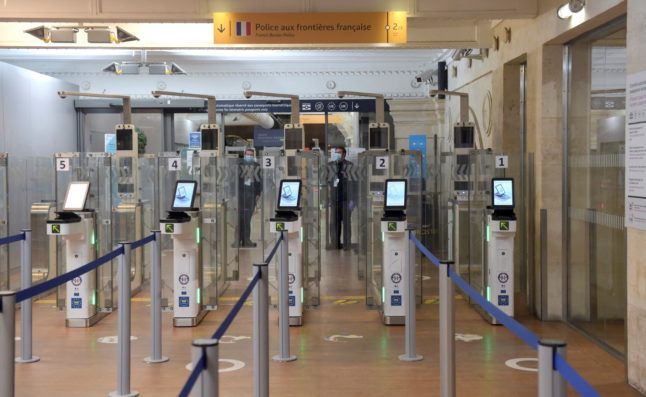Last year saw a price freeze on energy bills in France that protected consumers from spiralling gas and electricity charges seen in other European countries.
This ended on December 31st and instead a price cap has been imposed, that allows bills to rise. The first price rise – on gas bills – came into effect from January 1st, and from February 1st electricity bills can also rise. Here’s what it all means for your monthly bills.
EXPLAINED: How your French electricity bill will change in February
One of the most enduring stereotypes about the French is that they are impossibly romantic, utterly charming, dangerously seductive and just downright sexy.
We know this label can’t possibly apply to an entire nation – but where does the image come from? And how do the French themselves feel about it? We asked the experts.
Where does the ‘romantic, sexy French’ stereotype come from?
Many people dream of moving to France. It is a country steeped in culture and beautiful natural landscapes. It also has a remarkable work-life balance and social safety net.
If you are one of those who are thinking – or even just daydreaming – about moving to France, it can be hard to know where to start in your preparations. Here’s our checklist for the essential things to do before the move.
Checklist: 10 things to do before moving to France
Once you’re here, you’ll soon discover that France is like nowhere else on Earth. Some countries have just four seasons, but those lucky enough to live in France have a dizzying array of different ‘seasons’ defined by food, drink, dress and festivals. Here is our guide to the real seasons of France.
Oysters to firemen’s balls and la rentrée: The 25 seasons of the French year
Renting out your holiday home – either on a long-term or a short-term basis – is perfectly legal in France. But if you’ve bought a second home hoping that, as well as a pleasant bolthole, it will also generate some rental income, there are some things you need to know. Well, it’s complicated…
Five things to know about renting out your French property
As France moves closer to inscribing the right to abortion in its constitution, we explain how it’s possible for a country to change its fundamental document. It clearly is, as France has had more than a dozen of them in its time.



 Please whitelist us to continue reading.
Please whitelist us to continue reading.
Member comments